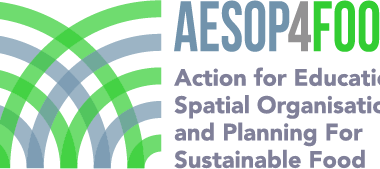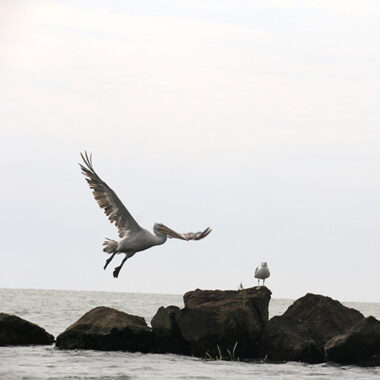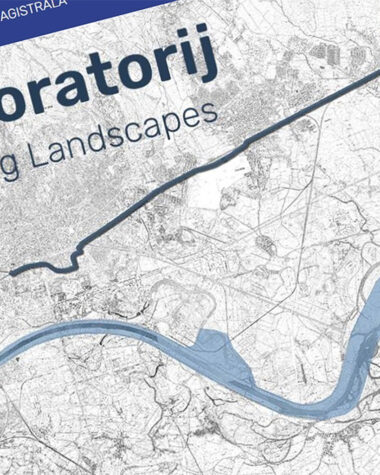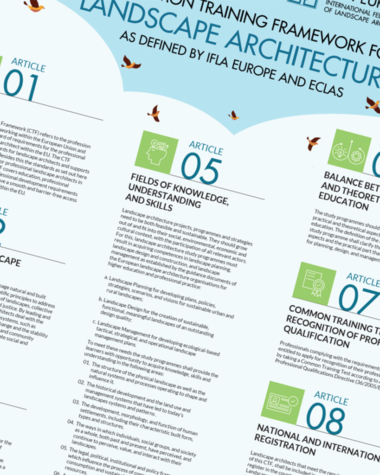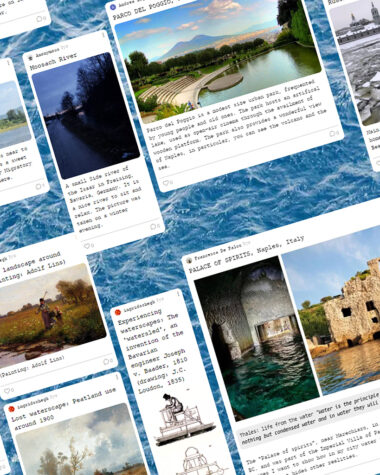
A pledge for transformative competence
The LED2LEAP project aims to bring a new way of thinking and acting into relevant university curricula in order to prepare the future generation of landscape architects, planners, architects and designers for their role as democratic leaders for sustainability. There is an urgent need for transformative competence at all levels of society since the challenges for our communities are growing across Europe. Powerful driving forces such as the globalization of work, climate change, digitalization, demographic ageing, migration, individualization, biodiversity loss and unequal resource distribution are not resolvable within the framework of election periods and sector-specific policies.
Living Labs and Participatory Action Research
The project developed the discussion within academia and the landscape and planning professions around the need for landscape democracy-building policies and processes related to landscape change. Linking expert and local knowledge is not only helpful to inform better decisions but also ensure policies which are both grounded in state of the art knowledge and communities’ perceptions. The partnership between academia and civil society is also embedded in the Participatory Action Research (PAR) nature of the project, and its predecessor LED seminar. This framework allows knowledge to be co-created rather than simply transferred to communities top down.

Cross-sectoral and interdisciplinary partnership
Disciplines involved in the projects are mainly landscape architecture, urban and regional planning, and architecture, social and urban studies. The consortium consists of the following university and NGOs partners: LE:NOTRE Institute (Netherlands, the project coordinator), Hochschule für Wirtschaft und Umwelt Nürtingen-Geislingen (Germany), University of Bologna (Italy), Hungarian University of Agriculture & Life Sciences (Hungary), Swedish University of Agricultural Sciences (Sweden) and the NGO Partners KultúrAktív (Hungary) and EtaBeta Cooperative (Italy).
Transnational education grounded locally
The teams exchanged their work in a cross-cultural perspective during the LED online course, LED2LEAP living Labs and Intensive Study Programs (ISPs). This prepared future professionals to operate in cross-cultural and transdisciplinary contexts. Engaging with local partners allowed them to gain a deeper understanding of the complex challenges to address.
Outcomes and results
The project consisted of the following activities:
- Development, testing and documentation of the LED2LEAP methodology in partnership with local communities
- Elaboration of a European professional development certificate for democratic landscape professionals
- A series of blended learning activities combining student engagement in local ‘LED2LEAP Living Labs’
- International reflection in the LED online course and international mobility of staff and students to one of the university’s ‘LED2LEAP Living Labs’ in the framework of three intensive study programmes.
All project outputs can be found here
[Figure-LN24-LED2LEAP-Reflection-in-action-titlepage]
Output 1: Reflection in Action – A Community Learning Model
Since this project follows the methodical paradigm of a pedagogical and PAR cycle, the learning activities will be implemented during the process, and thus, evaluation and revision of the activities are closely interrelated. The output 1 ‘Reflection in Action: A Community Learning Model’ will focus on identifying relevant methods for working with the communities, implementing local LED2LEAP Living Lab, joining online course and three ISPs, and evaluating and revising. Output 1 will be exploited and disseminated in order to involve the wider context of participatory planning and community activation.
Download Output 1 ‘Reflection in Action: A Community Learning Model. Leaping forward from Landscape Education for Democracy to Learning, Empowerment, Agency and Partnership.’
The LED2LEAP partnership
- LE:NOTRE Institute (coordinator), an international foundation based in Wageningen, Netherlands,
- Nürtingen-Geislingen University, Nürtingen, Germany,
- Hungarian University of Agriculture & Life Sciences, Faculty of Landscape Architecture, Budapest, Hungary,
- KulturActiv, NGO, Budapest, Hungary,
- University of Bologna, Department of Architecture, Italy,
- ETABETA, NGO, Bologna, Italy,
- SLU, Swedish University of Agricultural Sciences, Uppsala, Sweden.

